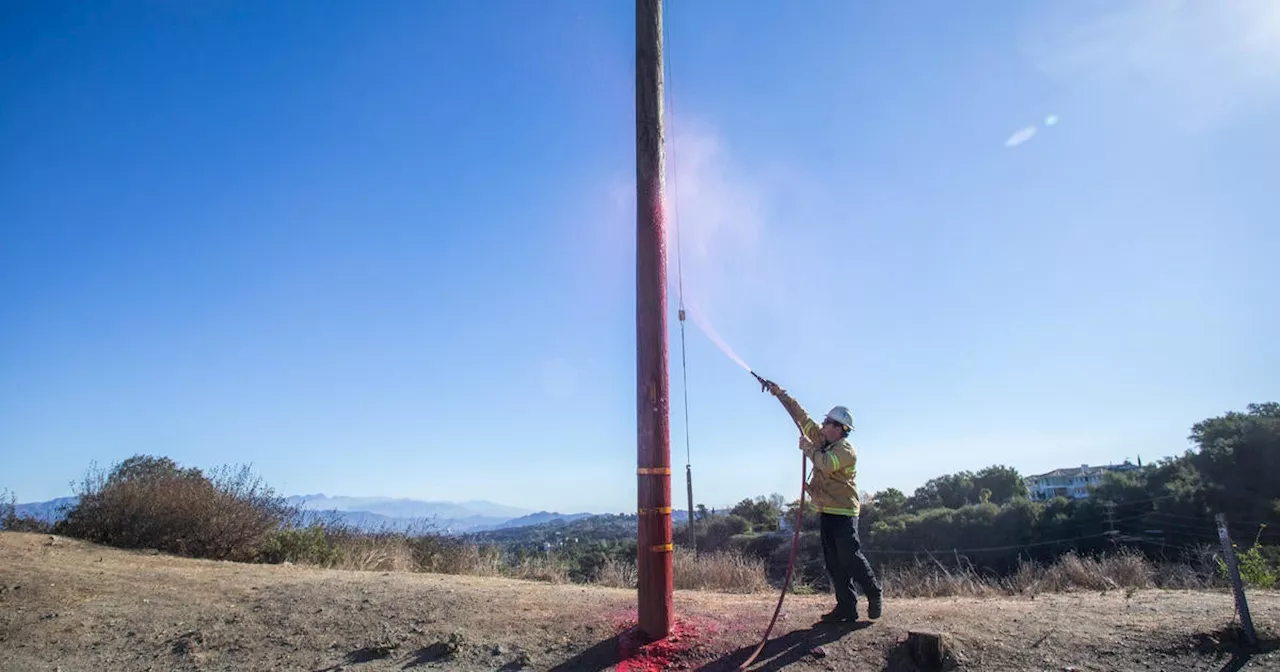This article explores the often overlooked benefits of learning to say no in the workplace. Psychologist and Professor Sunita Sah argues that while we're often trained to comply, saying no more frequently can lead to positive outcomes for both individuals and organizations. She discusses the dangers of excessive compliance and offers a framework for evaluating when to comply or defy in the workplace.
Our families, schools, and workplaces often train us to comply: taking on additional work when asked, agreeing with the group’s consensus, and going along to get along with our bosses and colleagues. So, even when we’re told to “think different” and “embrace conflict,” we often hold ourselves back. But when individuals learn to say no more often, it can have huge benefits for their careers and organizations, says.
SUNITA SAH: Well, I think the danger in constantly complying is that we might not think about it. We actually comply much more than we think we do. And even though the U.S. is known and has ideals for individualism and freedom of choice, in some of my experiments, what I see is an extremely high rate of compliance even when we’re given advice that we know is bad. And it’s in these situations that we want to be able to speak up and we want to be able to act.
ALISON BEARD: But the theory of psychological safety, this idea that teams need to welcome that kind of input and feedback and make sure that everyone feels comfortable contributing and speaking up when they think something is wrong, that’s been around for a long time. So is the hurdle our own mindset or the structures around us?
ALISON BEARD: But then a lot of us have been really trained to say yes and compromise with our parents, our teachers, our bosses, and a lot of times that’s actually served us really well. So how do we get past that feeling that being a team player is the right thing to do to embrace the idea that we might decline an assignment or tell our boss we think that he’s wrong?
ALISON BEARD: You do note in your book, though, that saying no can be a lot harder and career limiting for people who aren’t in positions of power and particularly those who don’t represent the majority demographic of their organizations. So I think women and people of color might feel like they are more limited in doing something that feels antagonistic or aggressive or will be perceived that way at work.
ALISON BEARD: So how do we recognize when it’s the right time to say no instead of yes or defy instead of comply? ALISON BEARD: And so the fifth stage is defiance. Does this work for something that’s not necessarily an ethical issue, but just something that you don’t want to do because you don’t think that it’s going to be career enhancing or enjoyable or interesting or worth your time?
And then when we’re in a situation and we feel that tension, we can ask ourselves, what type of situation is this? Is it safe and is it effective for me defy? And depending on that, we might decide to postpone defiance to another day. Maybe the costs are too great or the benefits too meager. But if we think this is something that we want to defy, well, the third question that we ask is, what does a person like me do in a situation like that? And that, again, is connecting with our values.
Another rule that we can think about is when you want to consent to something, it often feels good. And one of my friends has a saying that she’s like, “Unless it’s a hell yes, you should say no.” But I actually differentiate between compliance and consent. So compliance is something that’s often externally imposed and that we go along with, and it’s either due to the expectations of another person or an organization.
SUNITA SAH: There are times when I advocate for what I call conscious compliance, and that is the elements for consent or dissent, we have the capacity, the knowledge, the understanding, maybe the freedom to say no. But because it’s too costly in that time, in that space or it won’t have impact, we decide that we’re going to go along with it, and that I call conscious compliance.
So start asking the questions, “What do you mean by that? Can you clarify what exactly does that entail?” And those questions are really powerful because we’re not saying yes as a default reaction. We’re also not saying no as a knee-jerk reaction. We’re asking those questions in the situation to find out a little bit more.
And that could be due to insinuation anxiety. She did not want to question the integrity of the people in the room. Having met them for the first time, the fact they were more senior to her, she didn’t want to say that they’re being unethical or question their integrity. And that led to regret. So it’s not that you are speaking up and then regretting it. It’s often that we’re not speaking up, and we’re regretting it.
ALISON BEARD: And what’s your advice to managers who want to cultivate the right amount of defiance and willingness to say no among their team members, but not so much that it leads to chaos or no one stepping up to do some of the more thankless tasks that need to be done?
COMPLIANCE DEFIANCE WORKPLACE CAREER DEVELOPMENT PSYCHOLOGICAL SAFETY
United States Latest News, United States Headlines
Similar News:You can also read news stories similar to this one that we have collected from other news sources.
 Power companies douse Los Angeles power poles with retardant to protect power grid during firesWith multiple wildfires still burning across the county, several Los Angeles power companies have started to try and get ahead of the potentially volatile and erratic flames, working to mitigate additional risks by clearing dry vegetation and protecting valuable power lines.
Power companies douse Los Angeles power poles with retardant to protect power grid during firesWith multiple wildfires still burning across the county, several Los Angeles power companies have started to try and get ahead of the potentially volatile and erratic flames, working to mitigate additional risks by clearing dry vegetation and protecting valuable power lines.
Read more »
 The Power of Saying No: Embracing Equity and Recovering from People-PleasingThis article explores the importance of saying no and the negative impacts of constant people-pleasing. Amy Wilson, a podcast co-host, author, and actor, shares her experiences as a recovering people-pleaser and highlights how saying no can lead to greater equity and well-being. It also examines the societal pressures women face to prioritize others and how these expectations can contribute to burnout.
The Power of Saying No: Embracing Equity and Recovering from People-PleasingThis article explores the importance of saying no and the negative impacts of constant people-pleasing. Amy Wilson, a podcast co-host, author, and actor, shares her experiences as a recovering people-pleaser and highlights how saying no can lead to greater equity and well-being. It also examines the societal pressures women face to prioritize others and how these expectations can contribute to burnout.
Read more »
 Demi Moore, Kate Winslet, and Zoe Saldaña Recount the Power of Women Saying 'No'Alicia Lutes is a freelance writer, essayist, journalist, humorist, and screenwriter based in Los Angeles. She has written extensively on culture, entertainment, the craft of comedy, and mental health.
Demi Moore, Kate Winslet, and Zoe Saldaña Recount the Power of Women Saying 'No'Alicia Lutes is a freelance writer, essayist, journalist, humorist, and screenwriter based in Los Angeles. She has written extensively on culture, entertainment, the craft of comedy, and mental health.
Read more »
 Lawsuits blame SCE for Eaton fire, saying power lines were not “de-energized”Edison officials say there were no interruptions or other electrical anomalies in their system until an hour after the blaze broke out.
Lawsuits blame SCE for Eaton fire, saying power lines were not “de-energized”Edison officials say there were no interruptions or other electrical anomalies in their system until an hour after the blaze broke out.
Read more »
 The Power of No: Why Saying No Can Benefit Your Career and OrganizationPsychologist and professor Dr. Sunita Sah explores the negative consequences of constant compliance in our workplaces and everyday lives. She argues that learning to say no more often can lead to better decision-making, increased creativity, and a stronger sense of self-worth. Sah shares research-backed insights and practical advice on how to evaluate situations and effectively communicate your dissent.
The Power of No: Why Saying No Can Benefit Your Career and OrganizationPsychologist and professor Dr. Sunita Sah explores the negative consequences of constant compliance in our workplaces and everyday lives. She argues that learning to say no more often can lead to better decision-making, increased creativity, and a stronger sense of self-worth. Sah shares research-backed insights and practical advice on how to evaluate situations and effectively communicate your dissent.
Read more »
 Alabama Power’s tips for a lower power bill this holiday seasonThose lights can add to your energy bill, so here's some tips to save money and still put on a festive display.
Alabama Power’s tips for a lower power bill this holiday seasonThose lights can add to your energy bill, so here's some tips to save money and still put on a festive display.
Read more »
